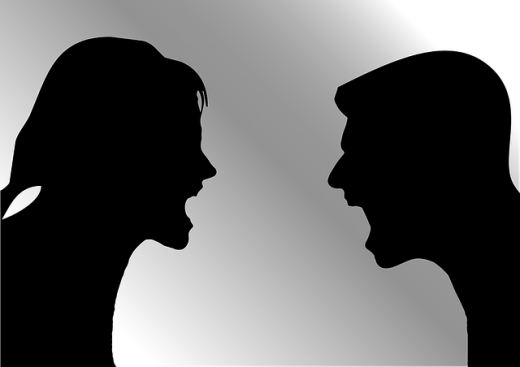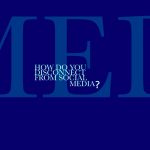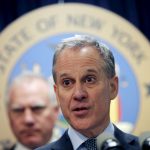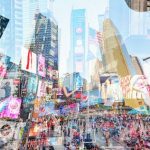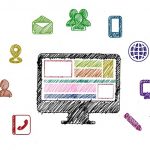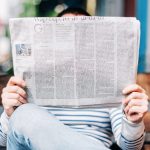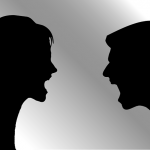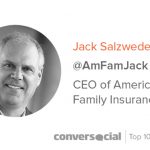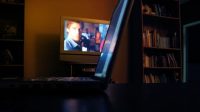Is Social Media to Blame for an Increase in Political Bias?
— September 28, 2017
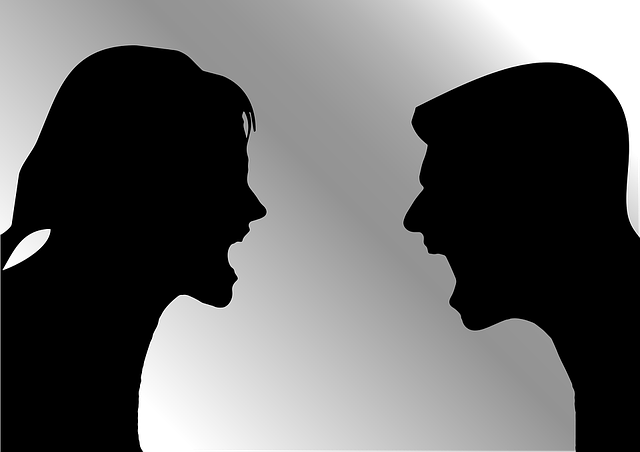
OpenClipart-Vectors / Pixabay
Politics is just about a part of every platform nowadays. I mean every platform. It has even found its way into sports, which I thought was darn near impossible to do.
You’re probably thinking to yourself: “Here we go… Another 20-something-year-old hotshot writing about a country he barely knows.”
You’re wrong.
I want to inform you of how the social media landscape has changed because of how fiery the political world has become. So, don’t stop reading now; regardless of your feelings towards today’s current political agenda, the media’s agenda towards politics, President Trump, or any other political revenue.
Social media has indeed changed the way in which political communication takes place in our country. Politicians, political parties, and other political-related institutions all use social media to convey their message. Take our President for example. He’s seemingly always ready to tweet about today’s social issues at any moment.
As social media’s presence in the world grows, so does its connection to our political landscape. It played a predominant role in the 2016 Presidential Election. It enabled the candidates to have a greater connection with voters than ever before.
The uses of Twitter, Facebook and other platforms easily allow for this type of connection because of their ability to follow who you want and block out what you don’t to hear or see. A study from Stanford University suggests 62% of U.S. adults get their news from social media. So, if you combine that percentage with the ability to follow what you want on social media, do you end up seeing the whole story?
Highly Unlikely.
I’ll make this into a sports reference. I follow multiple Penn State University football accounts on Twitter, and that’s my choice because I’m a fan. If something happens to the Ohio State University’s football team (that isn’t national coverage), there’s a good chance I won’t hear about it. If I do, it will have a Penn State bias towards it because that’s what I’m following. I’ll automatically have a bias about something based on where I hear it from.
In an article from the University of Oregon’s School of Journalism, Professor Nicole Dahmen was quoted as saying, “What we see on Facebook is dictated by algorithms that decide what you see based on what you like and dislike, what you comment on and click on.”
She went on to say, “Social media allow candidates a direct means by which to communicate with the voting public, thereby bypassing the news media as a gatekeeper.”
That’s how our politicians and their marketing teams have mastered social media. They target those who are predisposed to a certain type of bias. Donald Trump slanted his posts about Hilary Clinton to strengthen his base. Clinton did the same.
This type of coverage happened everywhere until it didn’t. Newspapers eventually became too saturated and died out with the advent of digital media. Television’s overabundance of channels led to less and less of a political audience being reached.
But, social media is unavoidable. Every person can be reached at any time of the day. Everyone can see your message. Everyone chooses who they want to follow. Everyone chooses the social voice they want to hear.
Politicians have always been clever, but social media has changed the rules. Instead of everyone listening to the whole story, we are stuck listening to one-sided messages that make our individual biases grow.
Digital & Social Articles on Business 2 Community
(11)

